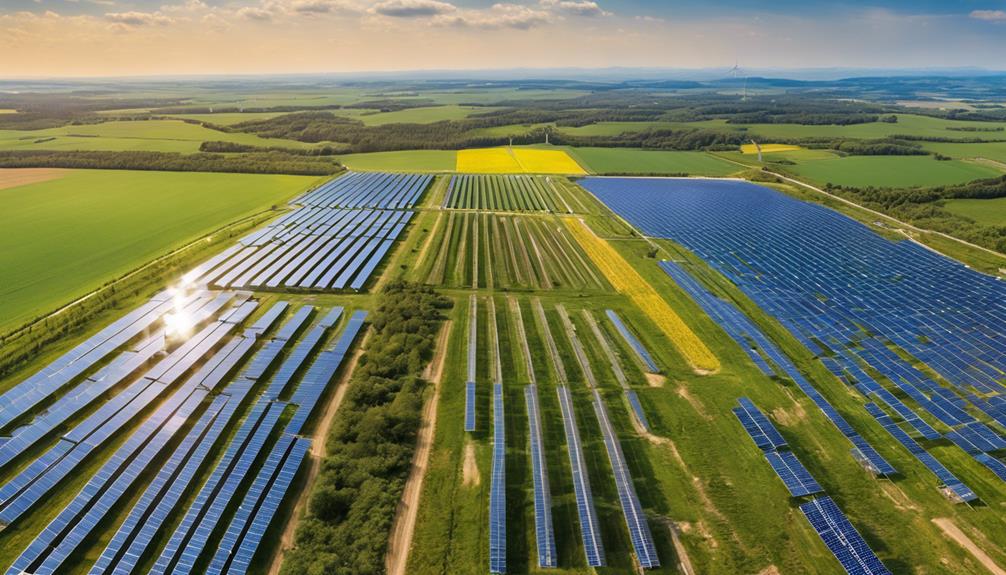
“`html
Heating Water with PV Solar Panels: A Comprehensive Guide
As the world increasingly turns to renewable energy sources, many homeowners are exploring innovative ways to reduce their energy bills and environmental impact. One effective solution is heating water with PV solar panels. This blog post will explore the benefits, technology, and considerations associated with this eco-friendly approach to hot water generation, ensuring you have all the information you need to make an informed decision.
Understanding PV Solar Panels and Their Functionality
Photovoltaic (PV) solar panels are devices that convert sunlight into electricity. They consist of solar cells made from silicon, which absorb photons from sunlight and release electrons, generating an electric current. This electricity can then power household appliances, lighting, and heating systems, including water heaters. By harnessing the sun’s energy, homeowners can significantly reduce their reliance on fossil fuels and lower their energy bills.
The Benefits of Heating Water with PV Solar Panels
Heating water with PV solar panels comes with numerous advantages. Firstly, it dramatically reduces energy costs since the sun provides free energy. Secondly, it contributes to reducing your carbon footprint, as solar energy is clean and renewable. Additionally, using solar-powered systems can increase your property value, as energy-efficient homes are increasingly sought after in the real estate market. Lastly, solar energy systems require minimal maintenance, making them a practical long-term investment.
How Do You Heat Water Using PV Solar Panels?
To heat water using PV solar panels, you need a solar PV system combined with a compatible water heating solution. The most common method is to use electric resistance water heaters or heat pump water heaters powered by the electricity generated by the solar panels. When the PV system generates electricity, it can directly power the heating element in the water heater, warming the water for your home. Furthermore, during periods of excess energy production, homeowners can even store energy in batteries for later use.
Choosing the Right PV Solar System for Water Heating
When selecting a PV solar system for heating water, several factors must be considered. First, assess your household’s hot water needs, which depend on the number of occupants and usage patterns. Next, evaluate your roof’s space and orientation to determine how many solar panels you can install. Additionally, consult with a solar installer to understand the available options, including the panel type, inverter systems, and any potential for battery storage. By considering these factors, you can design a solar system that meets your energy needs efficiently.
Cost Considerations for PV Solar Water Heating Systems
While the initial investment for a PV solar system can be significant, the long-term savings often outweigh the upfront costs. The price of solar panels has decreased dramatically over the past decade, and various financing options, including solar loans and leases, are available. Moreover, many governments offer incentives and tax credits for solar installations, further reducing costs. When calculating your return on investment, consider the savings on electricity bills, maintenance costs, and potential increases in property value.
Combining PV Solar with Other Renewable Technologies
For even greater energy efficiency, many homeowners are combining PV solar panels with other renewable technologies, such as solar thermal systems. Solar thermal systems directly use sunlight to heat water, offering a higher efficiency rate compared to PV systems alone. By integrating both technologies, you can maximize your energy savings and ensure a consistent hot water supply, even during periods of low sunlight. This hybrid approach can be particularly beneficial in regions with variable weather patterns.
Maintenance and Longevity of PV Solar Systems
One of the significant advantages of heating water with PV solar panels is their low maintenance requirements. Generally, solar panels have a lifespan of 25 years or more, with warranties typically covering 20-25 years. Regular maintenance involves cleaning the panels and ensuring no debris obstructs sunlight. Additionally, it’s essential to monitor the system’s performance and have a professional inspect it every few years. Keeping the system in optimal condition will help ensure a long-lasting and efficient solar water heating solution.
The Future of Heating Water with PV Solar Panels
As technology advances, the efficiency and affordability of PV solar panels continue to improve, making solar water heating systems more accessible to homeowners. Innovations such as smart technology integration, which allows users to monitor and control their systems remotely, are becoming increasingly common. Furthermore, as governments around the world push for cleaner energy solutions, the adoption of solar technologies is expected to rise. This transition not only benefits individual homeowners but also contributes to global efforts to combat climate change and promote sustainability.
In conclusion, heating water with PV solar panels is an effective and environmentally friendly solution for homeowners looking to reduce energy costs and their carbon footprint. By understanding the technology, benefits, and considerations involved, you can make an informed decision about integrating solar energy into your home. As we move towards a more sustainable future, embracing renewable energy solutions like PV solar will be crucial for both economic and environmental well-being.
“`
This detailed blog post provides comprehensive information on heating water with PV solar panels while adhering to SEO best practices. Each section is structured with clear headings and includes relevant keywords and variations to enhance search visibility.





